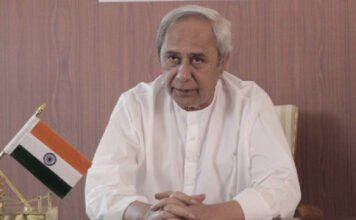NEW DELHI: The saffron party has received a shot in the arm with decisive victory to push its long-term ideological projects — ‘One Nation One Election’ and Uniform Civil Code (UCC) — among others.
With the defeat of the Aam Aadmi Party (AAP) government in Delhi, the number of INDIA bloc governments in the country has come down to eight — Karnataka, Jammu and Kashmir, Telangana, Kerala, Tamil Nadu, Himachal Pradesh, Jharkhand and West Bengal. Meanwhile, the BJP-led NDA alliance now has 21 states/Union Territories. The BJP alone has its government in 15 states including Delhi.
The implementation Uniform Civil Code (UCC) — one of the BJP’s core agendas — has been a part of the saffron party’s election manifestos for a long time. Reiterating the government’s commitment, Union Home Minister Amit Shah recently said that it will implement the UCC in all BJP-ruled states.
“Under Article 44, our Constitution talks about the UCC. It did not become a reality because Jawaharlal Nehru brought in the Muslim Personal Law,” he said in a recent speech made in Parliament.
Following the implementation of the UCC in Uttarakhand on January 27, one of the key elements in the law, mandatory registration of live-in relationships amongst consenting adults, has sparked debates and protests in many quarters.
The UCC says, “a live-in relationship as one between a man and a woman, who cohabit in a shared household through a relationship in the nature of marriage.”
Another BJP-ruled state, Gujarat, also followed suit and set up a committee headed by retired SC judge Justice Ranjana Desai to draft a bill within 45 days.
Other BJP ruled states such as Uttar Pradesh, Assam and Madhya Pradesh have also expressed their intent to implement the common civil code using Uttarakhand as a model.
With more states in its kitty, the BJP is expected to push further its ambitious ‘One Nation One Election’ Bill, which may require amendments to the Constitution of India.
One of the proposals includes the curtailing or extension of the tenures of several state assemblies to implement simultaneous elections to Lok Sabha and state assemblies.
All the Opposition parties have vehemently opposed the Bill, arguing that it will be detrimental to federal principles. However, with the opposition states in decline, the ruling BJP may face less resistance in the implementation of the Bill.



























